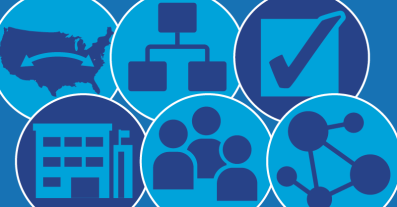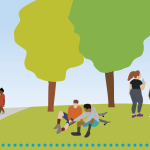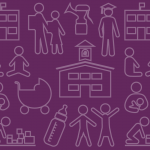Expanding the Behavioral Health Workforce
Resources to support children’s mental health
All children deserve the opportunity to grow up healthy, with the support they need to navigate challenges at school, at home, and in their communities. However, shortages of behavioral health care providers are contributing to a deepening mental health crisis among US children and adolescents, and many families are unable to access the effective, culturally responsive behavioral health care they need.
To address these challenges, ChangeLab Solutions and the Milken Institute School of Public Health at the George Washington University, with support from the Centers for Disease Control and Prevention, investigated policies with potential to expand and support the workforce for children’s behavioral health through state licensure systems, state-level Medicaid, and the Children’s Health Insurance Program (CHIP).
This suite of resources identifies promising policy options to increase the number of qualified master’s-level providers — licensed clinical social workers (LCSWs), licensed marriage and family therapists (LMFTs), and licensed professional counselors (LPCs ) — in the behavioral health workforce.
Infographic: Expanding the Behavioral Health Workforce
Developed in partnership with the Milken Institute School of Public Health at the George Washington University, this infographic introduces six policy levers that states could use to increase the number of qualified behavioral health providers for children and families, as well as expand provider participation rates in Medicaid and CHIP.
White paper: Addressing Children’s Behavioral Health Workforce Shortages Through State Licensure Systems
This resource highlights existing challenges and licensure policy approaches that state legislators, state licensing board members, and changemakers working with children and families can consider in their efforts to address workforce shortages in children’s behavioral health. The paper focuses on three promising policy levers:
- Postgraduate training requirements
- License portability processes
- Licensing board structure, composition, and scope of authority
White paper: Addressing Children’s Behavioral Health Workforce Shortages Through Medicaid and the Children’s Health Insurance Program
Developed in partnership with the Milken Institute School of Public Health at the George Washington University, this paper discusses credentialing policy approaches that state Medicaid and children’s health insurance plans can consider in their efforts to provide children’s mental health services to their covered families. The paper focuses on three key policy areas:
- Network adequacy requirements
- Provider credentialing processes
- Incentives to expand and support the workforce
Downloads



